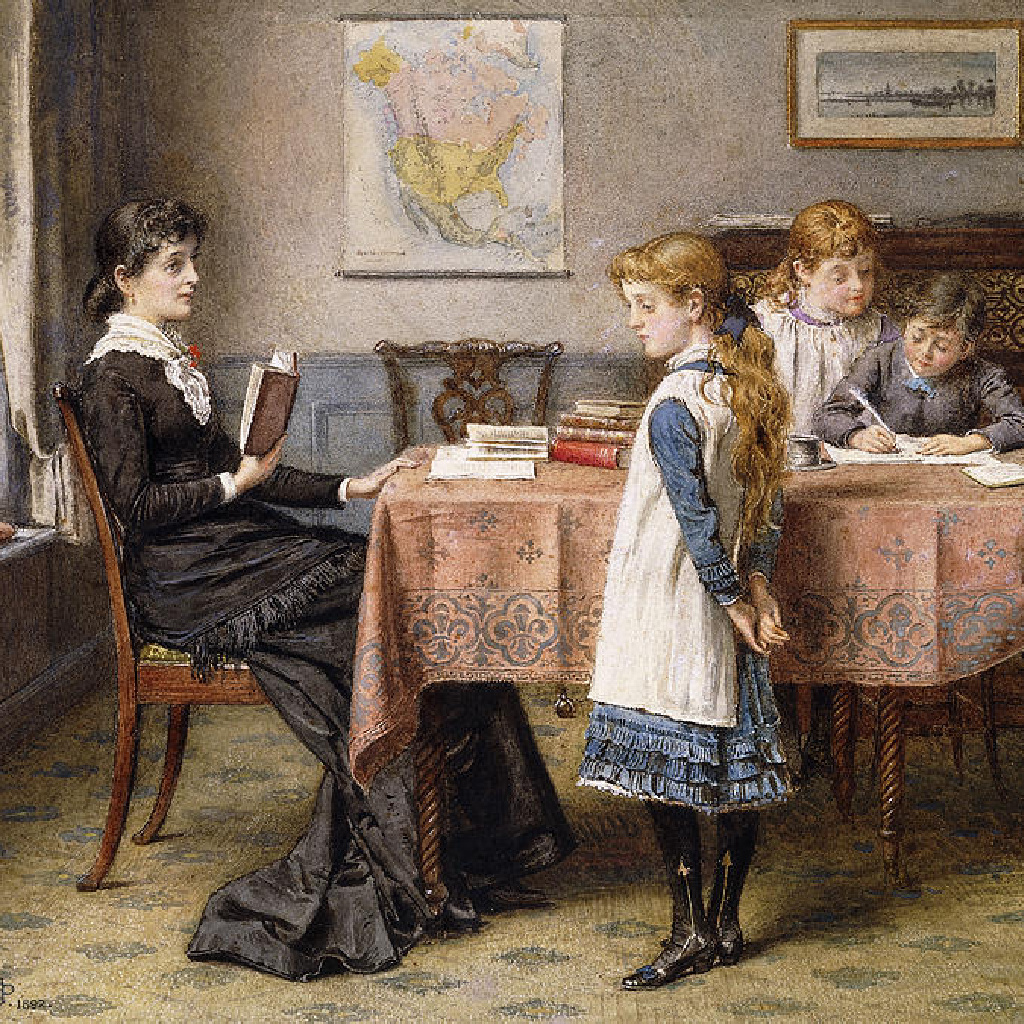This summer, my family of run-of-the-mill musicians performed some patriotic music at a local senior care center. As we played, I reflected on which members of our audience may have lived through a war, lost a loved one in active-duty service, or served in the military. I imagined that each audience member had a meaningful backstory, full of vibrant color and countless untold stories.
Although playing at senior homes has been a long-standing tradition for my “family band,” the experience this time was significantly different—my own grandma now sat in our humble audience. Though she was hard of hearing and her memory was fading, she still clapped and smiled after every song. Her backstory was naturally more tangible to me, with memories of quilts woven with love, homemade scones and bean soup (to die for), and nights of competitive card games complete with a healthy amount of light-hearted smack talk. It was difficult for me to contrast her current state of health with her prior spirited self; dementia’s toll on her memories felt like a transfer of responsibility—her magnificent life was now mine to remember.
How Sensory and Cognitive Impairment Relate
Growing older is a significant transition for both individuals and their family members, accompanied by common difficulties such as loss of hearing, decreased eyesight, and cognitive impairment. Based on current figures, 9% of U.S. adults age 65 and older report visual impairment, 63% of people age 70 and older report hearing impairment, and up to 11% of adults age 60 and older experience both. These kinds of sensory impairments have been consistently linked to decreased cognitive functioning in older adults, such as dementia and other forms of dysfunctional processing.
This association between sensory impairments and cognitive decline, however, is complex and unclear as far as directionality and linking mechanisms. For example, impaired vision could directly affect cognitive function (which helps explain why improving near vision with eyeglasses can reduce depressive symptoms). But it’s also the case that cognition can affect vision in the reverse direction—modulating our ability to focus on and recognize objects. The better this association is understood, the more effectively interventions can be tailored to reduce cognitive impairment commonly experienced by older adults.
For this reason, Brigham Young University professor Jeremy Yorgason and colleagues designed a longitudinal study to explore the association between sensory difficulty and cognitive impairment indirectly through social isolation, using a nationally representative sample of 6,338 older adults on Medicare. The study sought to determine the directionality of the associations and discover whether social isolation was a significant mechanism through which sensory difficulty is linked to impaired cognitive functioning in older adults.
Results indicated that social isolation played a significant role in linking vision and dual sensory difficulty to cognitive impairment. That is, the more socially isolated someone with sensory difficulty was, the more severe their cognitive decline. But this is actually good news. Because social isolation is a modifiable pathway tying late-life vision difficulty and sensory impairment to decreased cognitive function over time, that means we can do something about it. Social engagement can rightfully be considered an important area for intervention and prevention.
Proactively Increasing Social Engagement
As individuals get older, opportunities to socialize can decrease, but the importance of social interaction in the lives of older family members does not. Research has consistently shown that social isolation and loneliness have profoundly negative effects on health for people of all ages, including measurable effects on high blood pressure, heart disease, obesity, anxiety, depression, cognitive decline, Alzheimer’s disease, and even death. One statistic reported that the mortality risk of acute loneliness was comparable to smoking 15 cigarettes per day. Fortunately, there are ways to counteract these negative effects. The mortality risk of acute loneliness was comparable to smoking 15 cigarettes per day.
Second, we can individually reach out, as well as connect older adults to other sources of support. Daily examples could include being a friendly visitor, utilizing virtual connections, delivering a meal, or, yes, striking up a competitive game of cards. Caregivers and family members can explore ways to proactively increase their senior loved one’s access to other social interactions through telephone outreach, hearing aids and assistive devices, connecting them to interest groups, social activities and events, and transportation assistance.
Third, social isolation is rarely addressed in healthcare settings. Yet, as confirmed in the study above, this is one of the most modifiable factors for reducing the risk of poor health outcomes such as cognitive decline. Medical and mental health professionals can play a vital role in considering and addressing relational and social factors that are pivotal for the prevention and reduction of declining health. Consider having a discussion with your loved one’s primary care provider about available resources to address social determinants of health.
Research has repeatedly shown that regular social interaction leads to happier and more fulfilling lives, which can, in turn, result in better long-term emotional, physical, and mental health for older adults. Support for those with sensory impairments may be especially beneficial. As one of my favorite patriotic hymns rhetorically asks, “Should auld acquaintance be forgot?” Each of us can play a role in increasing social engagement with our older loved ones and help make their lives more satisfying and meaningful—all of which we can be confident will also help preserve their mental function and slow cognitive decline.

















